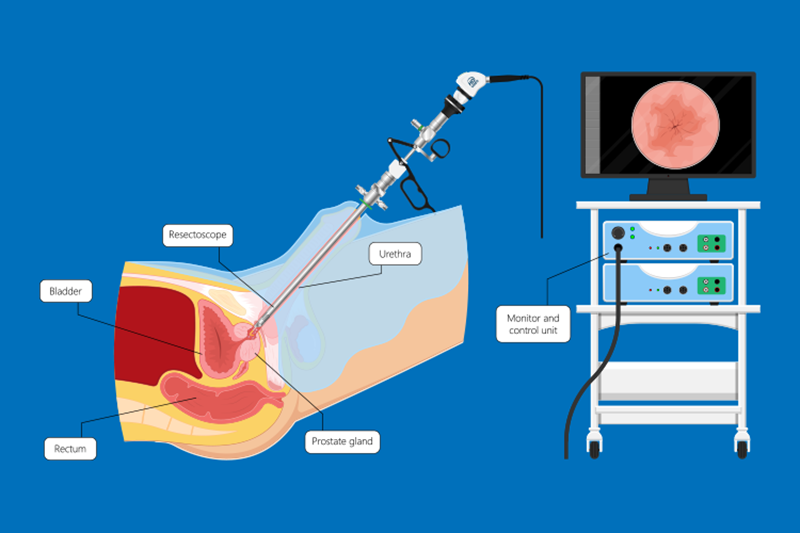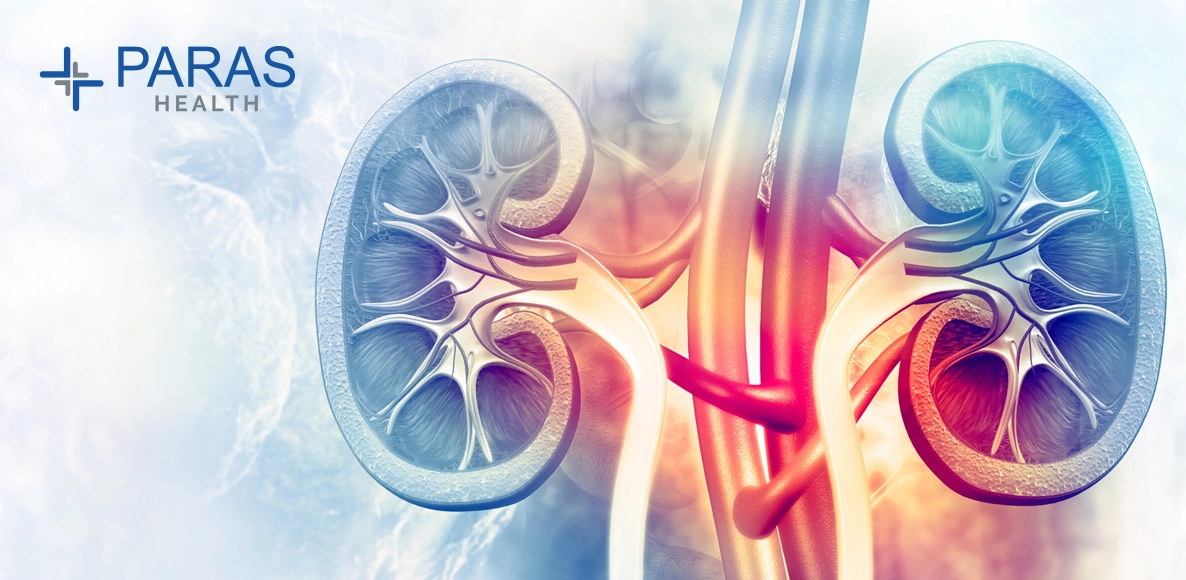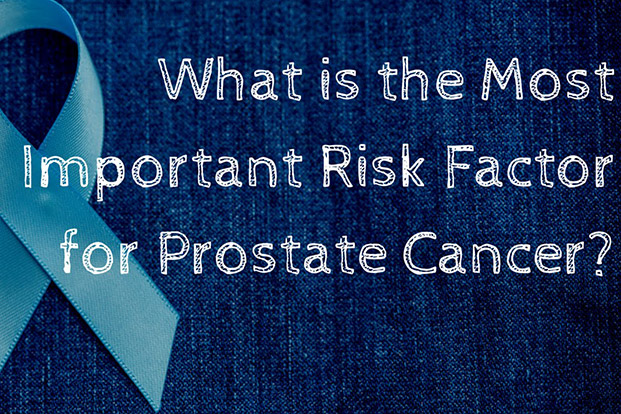Is Prostate Cancer Curable?

Apr 19, 2022
Prostate is a part of the male internal genitalia. This is a small gland located at the bladder neck. Cancer involving the prostate gland generally starts with a focus confined to the gland. With time this cancer slowly grows out of the gland invading the surrounding organs like the bladder, seminal vesicles and the ureters. If the treatment is not started at this early stage the cancer can spread to other organs of the body like the bones.

Prostate cancer can take various forms in an individual. Generally prostate cancer is considered a slow growing cancer. Many men die without knowing that they ever had prostate cancer. Such cancers are detected only at postmortem examination.
With advances in medical sciences and availability of newer drugs and surgeries the age adjusted death rate of prostate cancer has declined considerably.
Prostate Cancer Detection:
Prostate cancer is one of the few cancers which has some screening tools. Digital rectal examination and prostate specific antigen (PSA) are the two commonly advocated screening test available with us. This allows detection of cancer at an early stage.
If a person is diagnosed to have a prostate cancer, his life expectancy and possible cure depends on how aggressive the cancer is and how confined the cancer is. A prostate cancer which is less aggressive and is detected at an early stage doesn’t affect the life expectancy of any person. A Cancer which is aggressive and has rapidly affected other organs of body may decrease the life expectancy of a person.
Some studies have shown that men who are in their eighties and are diagnosed with prostate cancer need not take treatment, because such men die because of old age than prostate cancer.
Prostate Cancer Treatment:
A prostate cancer which is well confined within the prostate gland can be cured with surgery or radiation therapy.
Cancer which has spread to other parts of body is treated by deriving men of the male hormone (androgen). This can be done by the help of some drugs or by surgically removing the testicles of men. Any treatment done at this advanced stage of disease will not remove all the cancer from the body, but will certainly halt the disease process. After taking treatment at this advanced stage many patients live a life which is almost normal.
Prostate cancer can take various forms in an individual. Generally prostate cancer is considered a slow growing cancer. Many men die without knowing that they ever had prostate cancer. Such cancers are detected only at postmortem examination.
With advances in medical sciences and availability of newer drugs and surgeries the age adjusted death rate of prostate cancer has declined considerably.
Prostate Cancer Detection:
Prostate cancer is one of the few cancers which has some screening tools. Digital rectal examination and prostate specific antigen (PSA) are the two commonly advocated screening test available with us. This allows detection of cancer at an early stage.
If a person is diagnosed to have a prostate cancer, his life expectancy and possible cure depends on how aggressive the cancer is and how confined the cancer is. A prostate cancer which is less aggressive and is detected at an early stage doesn’t affect the life expectancy of any person. A Cancer which is aggressive and has rapidly affected other organs of body may decrease the life expectancy of a person.
Some studies have shown that men who are in their eighties and are diagnosed with prostate cancer need not take treatment, because such men die because of old age than prostate cancer.
Prostate Cancer Treatment:
A prostate cancer which is well confined within the prostate gland can be cured with surgery or radiation therapy.
Cancer which has spread to other parts of body is treated by deriving men of the male hormone (androgen). This can be done by the help of some drugs or by surgically removing the testicles of men. Any treatment done at this advanced stage of disease will not remove all the cancer from the body, but will certainly halt the disease process. After taking treatment at this advanced stage many patients live a life which is almost normal.







